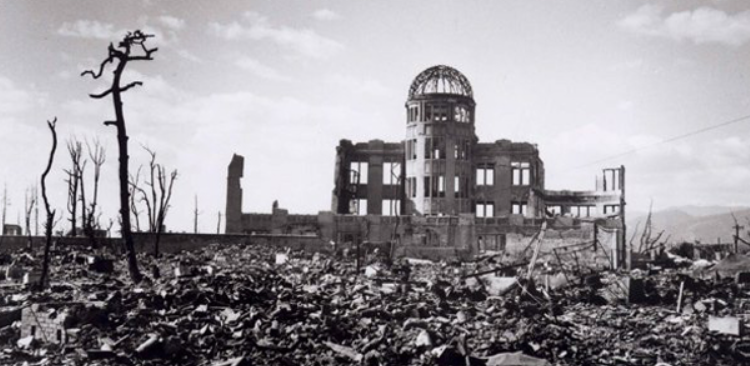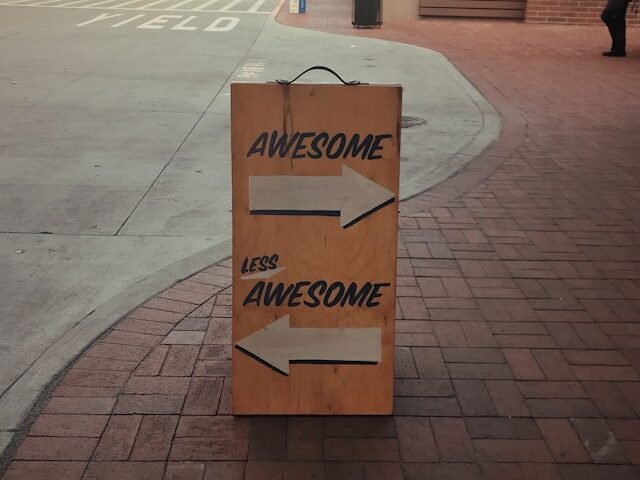On Tuesday, the city of Hiroshima commemorated the 79th anniversary of the catastrophic atomic bombing. A solemn gathering was held at the city’s Peace Memorial Park to honor the victims of this tragic event.
Commemoration Ceremony
Prime Minister Fumio Kishida, along with representatives from 109 nations, including nuclear-armed countries such as the United States and the United Kingdom, attended the ceremony. Within the memorial, a list of atomic bomb victims is kept, which was updated to include those who survived the bombing but passed away in the past year. The total number of names on the list now exceeds 340,000.
Moment of Silence
At precisely 8:15 a.m., the time when the atomic bomb was dropped in 1945, a moment of silent prayer was observed. This act of remembrance is a poignant reminder of the exact moment when Hiroshima faced unprecedented devastation.
Nuclear Weapons in Contemporary Context
This year’s memorial comes amid heightened concerns over the potential reuse of nuclear weapons. Ongoing conflicts around the world, particularly the prolonged Russian aggression in Ukraine, have destabilized international order, making the path to disarmament and nuclear abolition seem increasingly distant.
Aging Survivors and Their Struggles
The average age of those who survived the atomic bombing has now surpassed 85 years, making it increasingly difficult for them to advocate for peace. Despite these challenges, the survivors’ voices remain influential. Last fiscal year, the Hiroshima Peace Memorial Museum saw a record number of nearly 1.98 million visitors. This highlights a growing global awareness and willingness to listen to the survivors’ testimonies.
Global Efforts for Nuclear Disarmament
The commemoration serves as a stark reminder of the horrors of nuclear warfare and the urgent need for global nuclear disarmament. Despite the aging population of survivors, the international community’s interest in their stories and experiences continues to grow. This increasing awareness is crucial in the ongoing efforts to prevent future nuclear conflicts.
Educational Impact and Future Challenges
One of the significant challenges moving forward is how to effectively convey the horrors of nuclear weapons to future generations. The record number of visitors to the Hiroshima Peace Memorial Museum underscores the importance of education in this regard. It is vital to ensure that the stories of the Hiroshima bombing survivors are preserved and shared widely, fostering a deep understanding of the catastrophic consequences of nuclear warfare.
Conclusion
The 79th anniversary of the Hiroshima atomic bombing is not just a moment to reflect on the past but also a call to action for the future. As the world continues to grapple with nuclear threats, the memories of Hiroshima serve as a powerful reminder of the need for global peace and disarmament. The international community must remain committed to listening to the survivors and working towards a world free of nuclear weapons.










